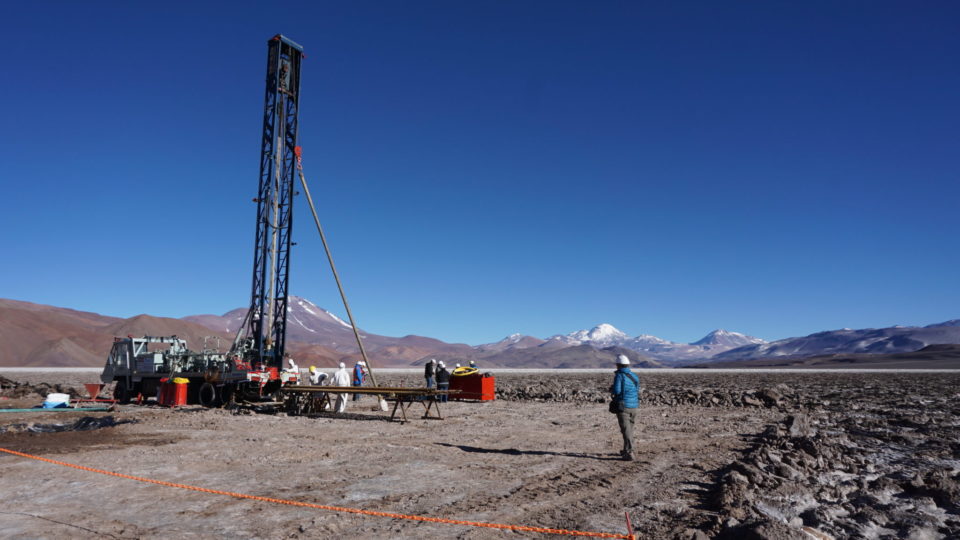Wetlands International Europe together with multiple civil society organizations comprising the Raw Materials Coalition drafted guidelines for the implementation of the EU Critical Raw Materials Regulation.
The aim of these guidelines is to help limit environmental damage, human rights abuses and Indigenous Peoples’ Rights violations based on the agreed-upon text.
The document is structured around four main topics:
- Raw Materials Consumption Reduction (Moderation) and Circular Economy.
- Strategic Partnerships and Raw Materials Diplomacy, focusing on the external dimension of the CRMR’s objective to secure Strategic Raw Materials abroad.
- Free, Prior and Informed Consent (FPIC) and Indigenous Peoples Rights, leveraging the provisions under the UN Declaration on the Rights of Indigenous Peoples (UNDRIP). This section focuses on the importance of respecting their rights according to the international instruments as well as securing proper information, access to justice and involvement from local communities affected by industrial activity in the raw materials supply chains.
- Certification and Industry Schemes: examining the substantial limitations inherent in certification schemes as a tool for bolstering due diligence while providing guidance on how they might evolve into a more credible component of a comprehensive environmental, human rights, and Indigenous Peoples’ rights risk assessment under the CRMR.
The full document can be downloaded here: EEB-CRMA-2-1Guidelines.pdf

